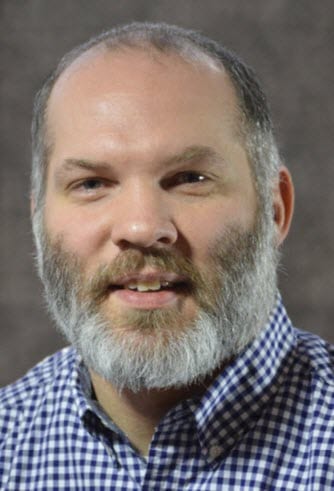If you’re under the age of 40, you’ve probably made a big deal about ‘adulting’ at some point in the last few years. Maybe you discovered the joy of taxes or paying bills, getting up every day and going to a job you don’t enjoy, or completing mundane tasks like renewing your driver’s license and mowing the lawn.
Near as I can tell, the term ‘adulting’ refers to anything that takes away from time spent playing video games, money spent paying for video games, or generally engaging in some other activity that occupies the same space as video games.
And, if you’ve referred to those efforts as ‘adulting,’ you probably equated it – at least on some level – with growing up.
They are not the same.
This past weekend, I saw my oldest friend at a child’s birthday party. We used to be inseparable, but the ups and downs of life have pulled us apart, and that party was the first chance we’ve had to actually talk for years. The experience was not what I expected.
After the usual chit chat one would expect disconnected friends to engage in, I shared a news story I read recently. A person we went to high school with had lost her teenage son in a car crash. You probably read about it. The mother and I didn’t really know each other – in fact, I barely remembered her name – but I knew of her enough that the tragedy struck a little close to home. It shook me. I expected it to shake my friend in the same way, but what I got instead was a shake of the head and something like “I’m not surprised.”
And then he told me of others.
Two former classmates died of a heart attack recently. They weren’t particularly out of shape or inactive – no more than the rest of us – but a sudden, unexpected medical malady still claimed them. One more succumbed to cancer. Another was shot to death by a neighbor, and still another lost a child in infancy to an incurable disease.
Over the years, we had both heard of classmates and friends committing suicide or passing away in an unusual event (one former acquaintance died when he, a police officer, tried to save a fleeing individual by following him into his home, a home that exploded from an intentional gas leak), but these recent deaths were different.
These were, in one way or another, naturally occurring events. By natural, I mean afflictions that tend to happen over time, when we’re all grown up.
Twenty-seven year olds, as much as they may be ‘adulting,’ don’t deal with prostrate exams all that often, or schedule cancer screenings for themselves or a loved one. They don’t typically lose teenage children to car accidents on dark roads after curfew, or deal with funeral arrangements and the always difficult division of property.
In fact, the most frustrating experience they’ve had with family over the last year or so was probably some sort of tense phone call about whether they were coming to some sort of family holiday.
How dare mom/dad/grandma/etc. intrude on their personal time!
I guess that’s ‘adulting’ – figuring out that no one can tell you what to do anymore but realizing that your new freedom isn’t exactly free.
But growing up is about loss. Experiencing loss, dealing with and adjusting to it, and learning to be the person or persons that others look to for guidance and help navigating that loss. You learn that everyone dies, no one is immune to sudden disease or tragedy, and your parents won’t always be around to handle the ramifications of that loss for you.
You have to call the funeral home. You have to sit with the widow. And you have to commission, order, and pick up the headstone.
It’s your job now. You’re the grown up.
And instead of running home so dad can tie your tie, you’re sitting in the funeral home picking out songs for the service.
It’s not all bad, this business of growing up, but it sure as heck ain’t ‘adulting’ either.

















